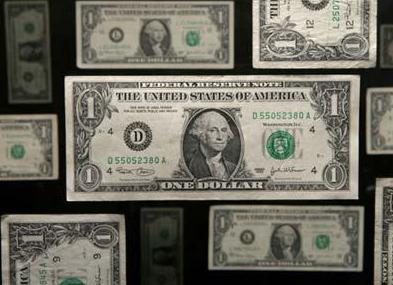China has called for a reform of the current global currency system which now relies on the US dollar for international payments. Officials from the International Monetary Fund and developing countries have welcomed the suggestion. Yuan Xiaoyuan takes a closer look into the question of a new currency that's creating quite a stir.

As many world economies are seeking to walk out of the trap caused by a decades old global currency system, China is urging for a change.
The governor of China's central bank, Zhou Xiaochuan, started the campaign on Monday by proposing a new global currency without sovereignty in an essay that appeared on the Internet.
He said the desirable goal is to "create an international reserve currency that is disconnected from individual nations and is able to remain stable in the long run".
He added that the financial crisis is a testimony to the inherent deficiencies of the current monetary system of the world. And he also said a new currency would allow governments to manage their economies more efficiently.
Zhou admitted the creation of a new reserve currency is a long-term goal. He suggests in the short term the new currency can be applied based on shares in the IMF held by its 185 member nations, known as special drawing rights.
On Friday, Chinese Vice Premier Wang Qishan wrote a column in "The Times", urging reform in global financial regulations that would allow developing countries to have more say. He suggested that the upcoming London Summit should set a clear goal of reforming the current international financial system. He called for readjusting the governance of international financial institutions and increasing the representation and voices of developing countries.
Finance Minister, Xie Xuren, also urged for a full-scale reform of the global financial system to diversify international currencies and improve regulations. He called for effective measures to diversify the international currency system... and coordinate different countries' monetary policies. This is in a bid to keep exchange rates of major currencies stable.